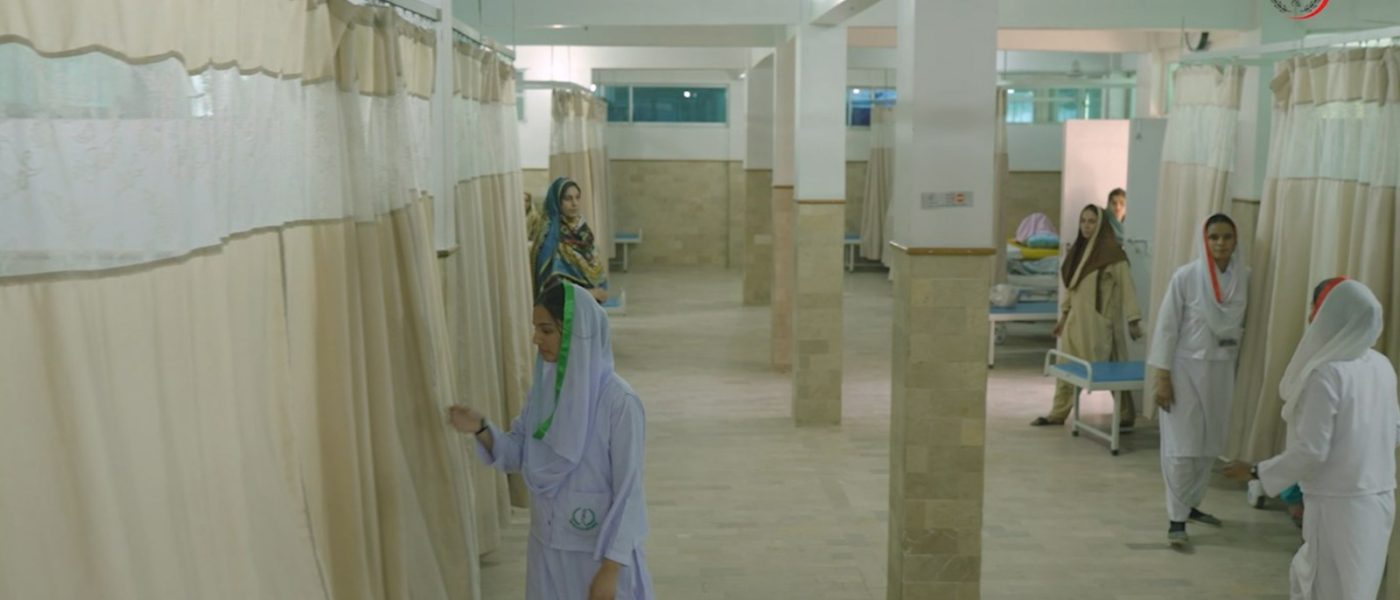Post: Locked In: When a Hospital Can Legally Keep You

People go to the hospital for care, healing, and expert medical attention. Still, sometimes or in some cases, a patient may feel that he/she is now better and there’s no need to stay admitted in the hospital. But doctors and the medical staff may be sure that it’s not yet the time for you to leave the hospital. Here, it raises the question, “Can a hospital force you to stay”?
So, in this guide, we are going to explain what your legal, ethical, and medical rights are in Pakistan as a patient.
Your right to leave the hospital:
In the mainstream, if you are a psychologically fit adult, then you have the right to leave the hospital. When doctors advise you to stay and you choose to leave, you perform a “Discharge Against Medical Advice” (AMA).
In this scenario, the hospital gives you a form that confirms or proves you are leaving without the doctor’s recommendation.
So it’s like a part of your freedom, as you have the right to accept treatment, you also have the right to deny it.
When can a hospital legally keep you?
No doubt that you have the right to leave the hospital when you want, but there are certain situations in which you can not leave the hospital without the permission of the medical staff. Here’s the detailed explanation for this:
1.Mental Health Cases:
When doctors believe a patient might harm themselves or others due to mental illness, they may keep the patient under observation. Then the medical staff must keep them under observation even without te consent.
According to Pakistan’s Mental Health Act:
Doctors may involuntarily admit a person for a brief evaluation, typically lasting 72 hours. A court or mental health tribunal must approve a longer stay.
These processes are done to focus and ensure that the mentally ill person does not hurt themselves.
2.Inability to make decisions:
When a patient is unconscious, confused, or seriously ill, doctors can legally keep them in the hospital and provide emergency care. Once the patient regains mental awareness, they can make their own medical decisions.
3. Court orders or public health laws:
There are some legal orders under which the hospital is strictly given authority not to discharge the patient. For example:
If there’s any criminal case, the police have sent the criminal to the hospital for medical checkups. In such situations, the court has also ordered not to discharge the patient. In these cases, hospitals force you to stay.
There might be some orders for public health safety. That may require a patient with contagious diseases like tuberculosis to stay until they are no longer a risk for others.
What About Children?
Children who are less than 18 are usually unable to make medical decisions. That’s why their parents or legal guardians are assigned this task. They are given complete responsibility to accept or refuse treatment on their behalf.
Still, in certain situations where the hospital thinks that the child is not receiving enough care or is in danger, the hospital can request intervention from the child protection services or the court.
What can you refuse?
You can refuse the following things even in the hospital. You can refuse specific treatments like
- Medicines
- Blood transfusions
- Tests or procedures
- Surgery
If you are unconscious and in a serious condition, doctors may proceed with the necessary treatment to save your life.
When it seems that rights are being violated:
If you feel that the hospital is keeping you without any reason in the hospital then you can try the following things
Ask For Explanation:
You can request a clear written explanation of why the hospital thinks that you can’t leave.
Speak with the hospital Administration:
Most of the hospitals now have a complaint department and a patient affairs department. These departments handle these concerns.
Contact a lawyer or human rights group:
If you think that now you must take legal action, then there are organizations like, Human Rights Commission of Pakistan. HRCP understands your conditions and takes legal action for the patient’s rights where necessary.
Check the provincial patient rights charter:
Patients’ rights like dignity, consent, and the right to refuse treatment. In provinces like Punjab,
These are all the things that are mentioned in the charters. These could also be very beneficial.
Koohi Goth Hospital’s Commitment to Your Rights:
At our Koohi Goth Hospital, we believe in working with compassion, clarity, and consent. Here we specialize in treating women who have an illness related to the obstetric fistula and other gynecological conditions. These women are mostly from marginalized communities and are undeserved. We teach and educate our patients about their rights so that no one feels that their rights are being violated, and we provide care with dignity.
Our team is fully trained to respect your choices, whether you’re staying for the surgery, recovery, or observation. We support your physical and emotional well-being at every step.
Final Thoughts:
Generally speaking, a hospital cannot force you to stay. Legally and morally, your autonomy and right to make choices regarding your body are safeguarded. The hospital may have legal justification to keep you, though, if you are not mentally competent, pose a risk to others or yourself, or are the subject of a court order.
